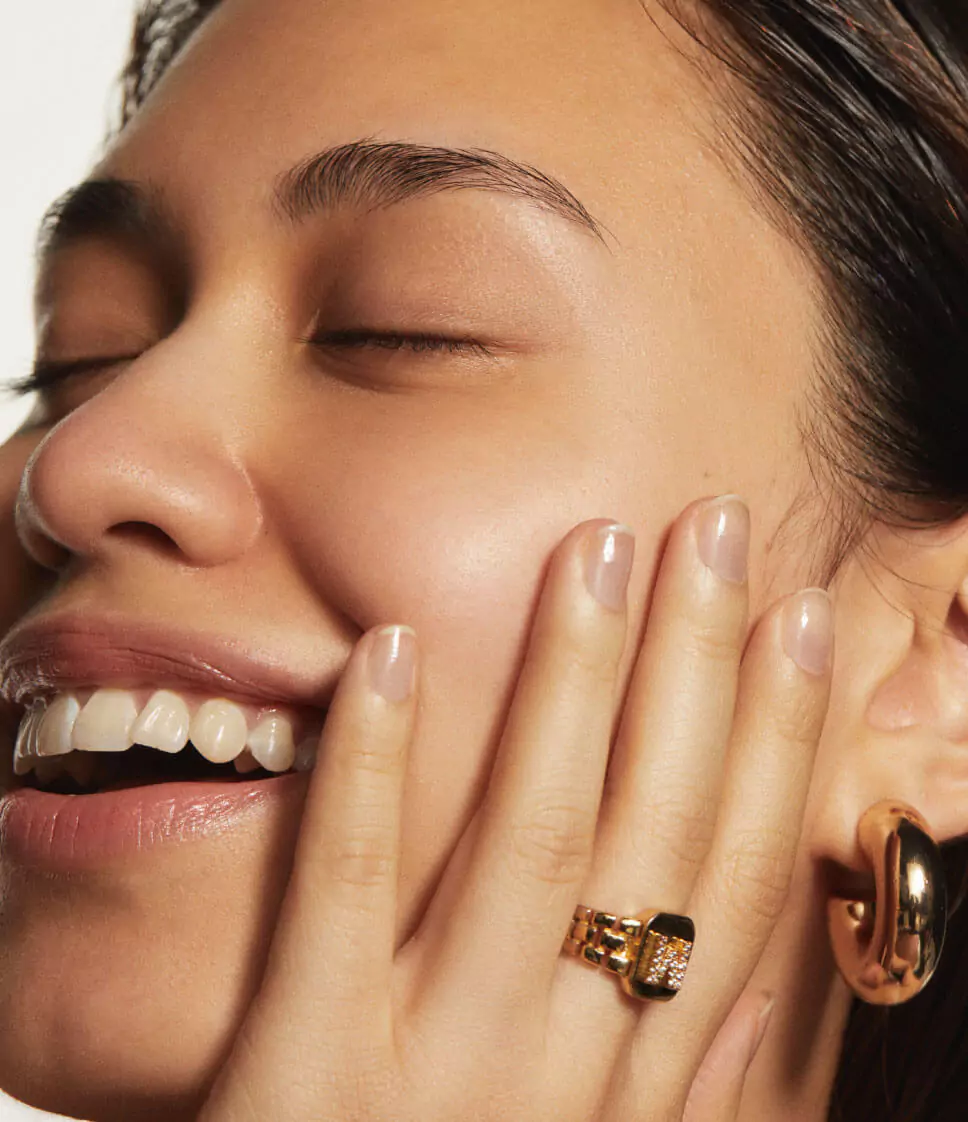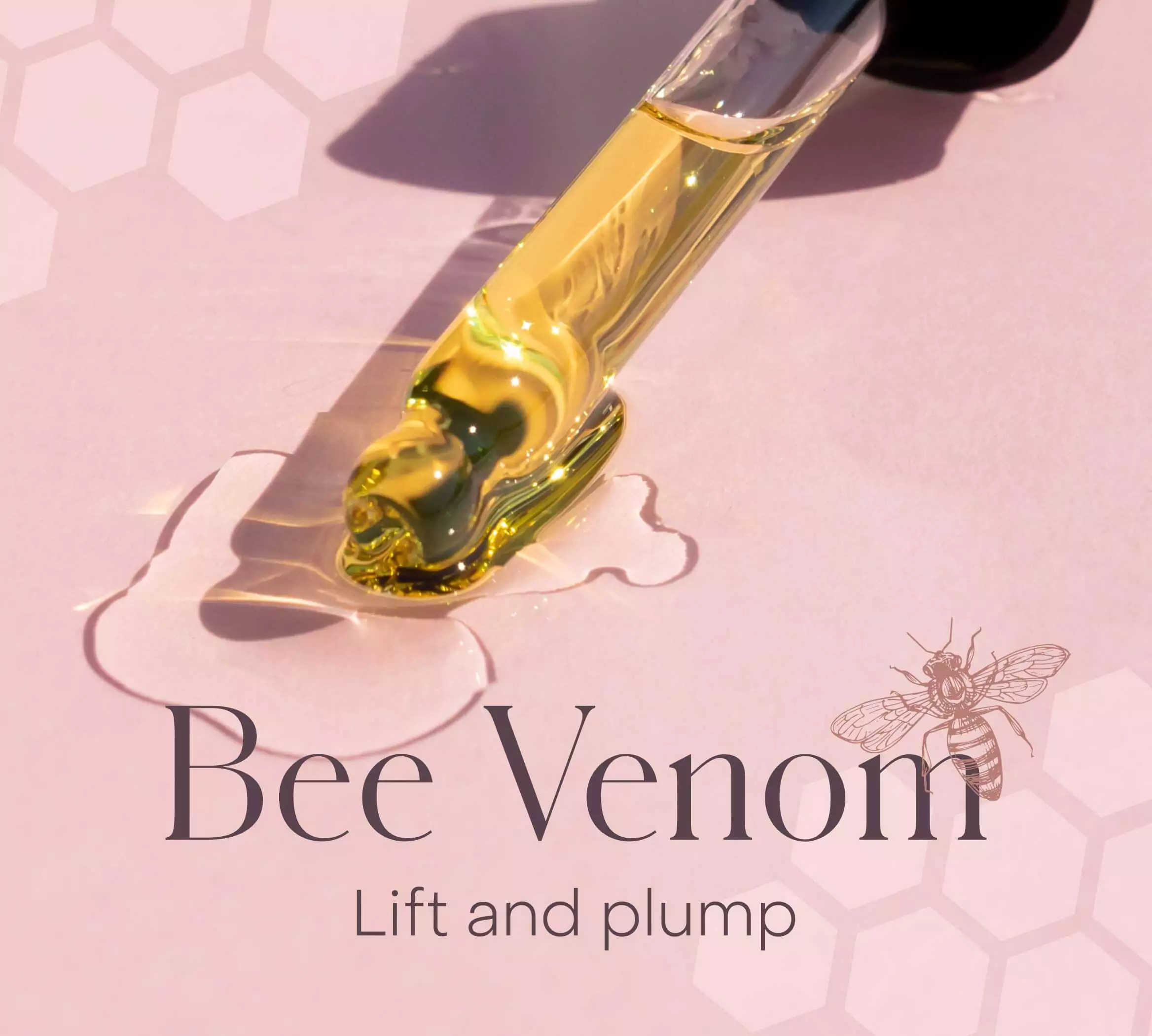
Honey has always been a very popular skincare ingredient—it soothes skin, moisturises and hydrates. It serves as an anti-inflammatory agent and it calms acne breakouts, making it a must-have in a lot of skincare products geared toward dry, sensitive or acne-prone skin. But honey isn’t the only bee-related ingredient that’s popular—bee venom is the latest buzz-worthy (no puns intended!) ingredient that promises to lift, plump and tighten skin.
What are the benefits of bee venom for skin?
When applied topically, the skin interprets bee venom as a mild sting, triggering a localized defensive response. This perception of a sting, though painless when used in diluted skincare formulations, leads to increased blood circulation in the skin's upper layers. This surge in blood flow tricks the skin into thinking it has been injured, thereby stimulating natural collagen and elastin production. Both collagen and elastin are proteins integral to maintaining the skin's firmness and elasticity. Over time, as part of the natural aging process, their synthesis declines, leading to the onset of wrinkles and sagging skin. By promoting their production, bee venom offers a natural avenue to combat these signs of ageing, making the skin appear more youthful and tauter.

Bee venom contains compounds like melittin, which have anti-inflammatory properties. This can help soothe inflamed skin and reduce the redness associated with various skin conditions. Bee venom can temporarily alter the skin barrier, allowing better absorption of other skincare ingredients.
Can bee venom be combined with other skincare ingredients?
Bee venom plays well with a variety of other skincare ingredients to optimise an existing regimen:
- Hyaluronic acid: This hydration hero complements bee venom's plumping effect, boosting moisture retention for supple skin.
- Vitamin C: The antioxidant prowess of vitamin C synergizes with bee venom's collagen-boosting qualities, enhancing overall skin radiance.
- Retinol: Combining bee venom with retinol can provide a comprehensive approach to reducing signs of ageing.
- Niacinamide: This multitasking ingredient partners with bee venom to manage oil production, reduce redness, and enhance skin texture.
Who should not use bee venom?
If you have a known allergy to bee stings, it's important to approach bee venom in skincare cautiously. While bee venom used in skincare is purified and different from a bee sting, allergies can still be triggered in some cases. It is best to start with a 24-hour patch test to ensure your skin doesn't react negatively.





























